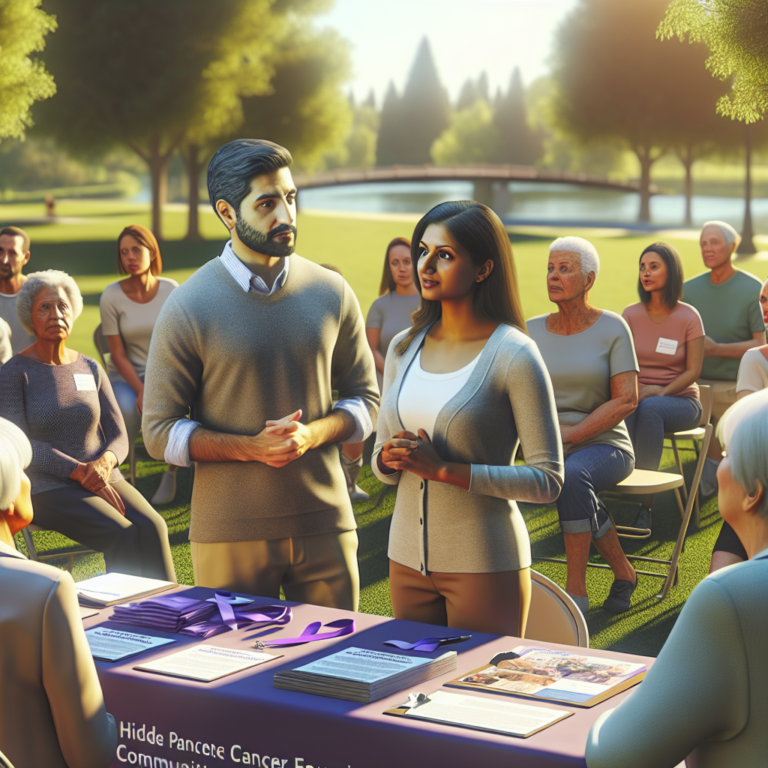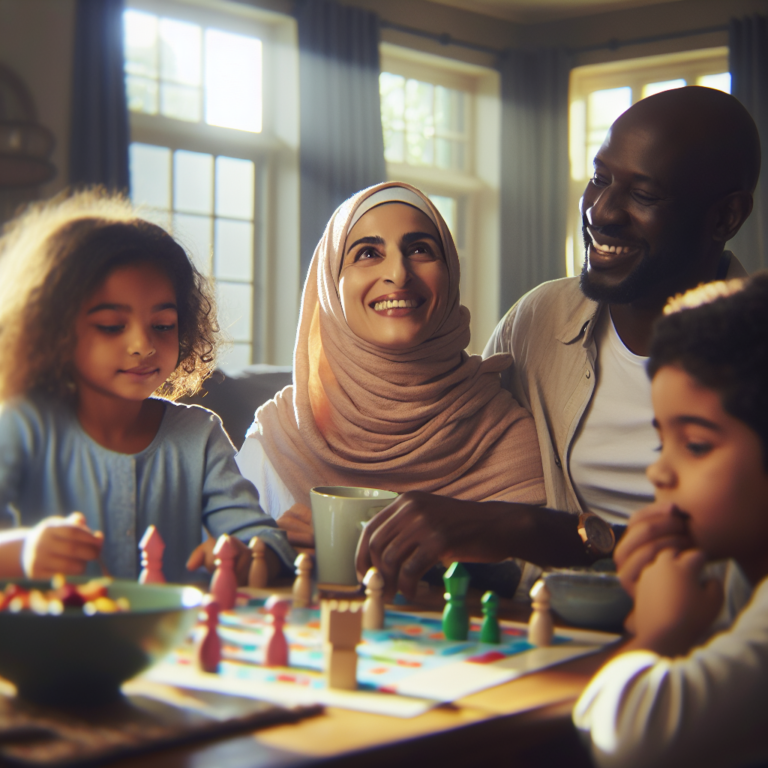Mastering My Pancreatic Cancer Journey: A Guide to Effective Treatment Choices

Facing Pancreatic Cancer: A Journey of Determination and Hope
At the age of 72, Colin Gabriel found himself grappling with an unexpected diagnosis of pancreatic ductal adenocarcinoma. Initially attributing his symptoms to persistent acid reflux, he soon discovered that his routine liver function tests revealed alarming abnormalities. What followed was a whirlwind of medical appointments and tough decisions that would shape his journey toward recovery.
Unraveling the Diagnosis
Colin’s health seemed robust, bolstered by his passion for cycling. However, a visit to a liver specialist revealed hints of jaundice, prompting further investigation. After an endoscopic procedure, he learned about his cancer diagnosis. For Colin, this news felt surreal; it was as if he was operating on autopilot, following a roadmap laid out by healthcare professionals.
- Initial tests confirmed cancer through a needle biopsy.
- A general surgeon estimated that the tumor’s involvement with the mesenteric vein complicated the surgical options.
- Ultimately, he was advised to undergo chemotherapy before considering a Whipple procedure.
Chemotherapy: The First Step Forward
Colin’s journey led him to Dr. Achala Doraiswamy, a dedicated oncologist. She highlighted the alarming levels of his tumor marker, CA 19-9, which peaked at over 1,300, well above the normal range of 35. He began a four-month chemotherapy treatment with Gemzar and Abraxane. Remarkably, he experienced minimal side effects, and his tumor marker levels dropped to 25.
Dr. Doraiswamy noted that pancreatic cancer is particularly challenging due to a fibrous layer surrounding the tumor that hinders treatment. However, Colin discovered that paricalcitol, a synthetic vitamin D, could potentially improve chemotherapy efficacy. He incorporated this into his regimen during the final phase of treatment.
Seeking Expertise: The Importance of Second Opinions
Determined to take control of his treatment plan, Colin researched pancreatic cancer extensively. He learned the significance of receiving surgery from a high-volume center—ideally, one that performs at least 15 Whipple procedures annually. His initial healthcare provider did not meet these criteria, prompting him to seek alternatives.
- The University of California, San Diego (UCSD) emerged as a top contender due to its reputation and volume of surgeries.
- Colin requested a second opinion from Dr. Andrew Lowy, a prominent surgeon, but initially faced resistance from his HMO.
- Undeterred, he sought consultations from leading institutions, including one in Heidelberg, Germany, where the annual volume of surgeries exceeded 800.
Ultimately, Colin secured a second opinion from Dr. Lowy, which reinforced his desire for the best surgical outcome. With the backing of Dr. Doraiswamy, he was approved for surgery at a high-volume facility in San Francisco.
The Surgical Journey and Recovery
Colin underwent the Whipple procedure without complications, spending a week in recovery. Despite the tumor being located at the head of the pancreas and measuring 2.8 cm, the surgery revealed some concerning findings: two of nine lymph nodes tested positive for cancer.
After the operation, Colin’s oncologist emphasized that waiting for radiation could have led to metastasis. He commenced six months of adjuvant chemotherapy, opting for Gemzar alone due to intolerance to another medication.
Maintaining a Positive Outlook
Colin’s journey has evolved into one of resilience and cautious optimism. Three years post-surgery, he proudly maintains a status of No Evidence of Disease (NED), with his tumor marker results consistently below 10.
- He emphasizes the importance of monitoring his health and staying informed about his condition.
- His dietary changes, including incorporating cruciferous vegetables, have become a part of his daily routine.
While the future remains uncertain, Colin’s experience has taught him invaluable lessons about advocacy in healthcare. He documented his journey in his book, Pancreatic Cancer in an HMO, available on Amazon. His story serves as an inspiration for others navigating similar challenges, underscoring the vital role of knowledge and proactive engagement in the fight against cancer.






